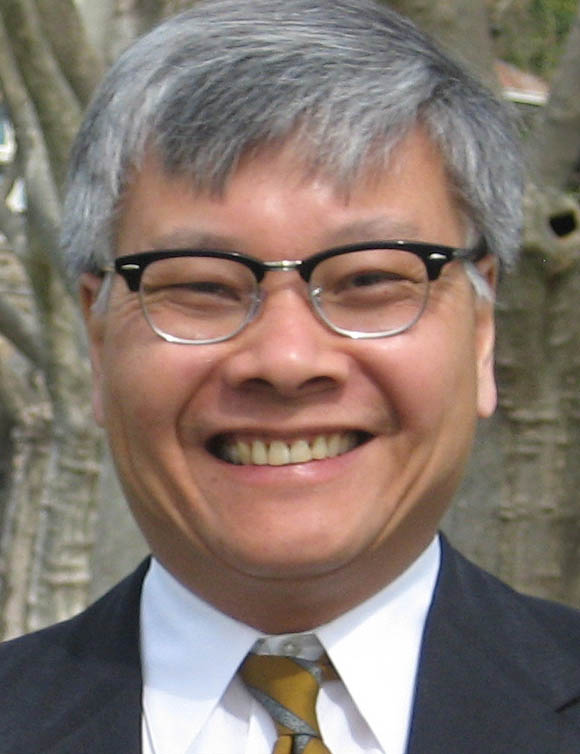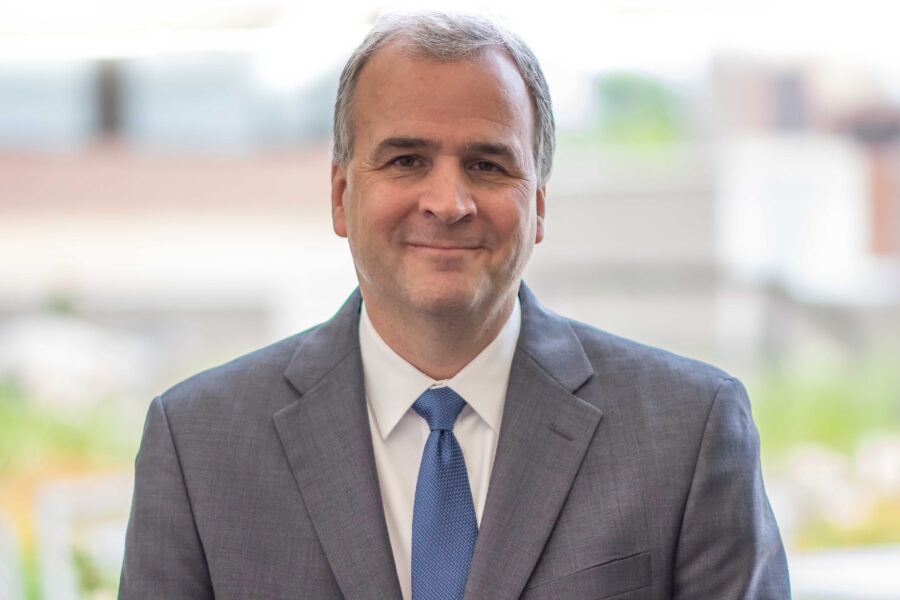The UNMC Emergency Medicine Residency Program marked its 20th anniversary in June, with a recognition of the far-reaching impact the training program has had across Nebraska and beyond.
Over the past two decades, the emergency medicine residency program has been a cornerstone of excellence in shaping the careers of emergency physicians, said Michael Wadman, MD, professor and Robert L. Muelleman, MD, Distinguished Chair of Emergency Medicine and founding program director.
All told, the residency program has graduated 151 emergency physicians.
From its beginning, the program set out to improve emergency care for people in Nebraska by directing a pipeline of specially trained physicians into the regional health care system, Dr. Wadman said.
With rural emergency care a critical need, the program has proven its benefits. One survey of emergency medicine residency program graduates found that more than 40% have worked in a rural emergency department at some point in their careers; one-third of the graduates currently work at a rural emergency department.
In comments for the 20th anniversary celebration – held June 7-8 – James Armitage, MD, who served as dean of the UNMC College of Medicine for the program’s creation, said the program has dramatically improved the quality of care throughout the region by staffing emergency departments with emergency care experts.
“We need the brightest and best-trained physicians that we can produce to staff these programs where decisions are frequently life or death,” Dr. Armitage said. “Supporting this training program might be the best thing I did as dean – and the decision that will most improve the health care of Nebraskans.”
To celebrate the program, supporters and alumni of the program held a gathering June 7 at the UNMC Davis Global Center that included a research poster presentation. On June 8, the program held a banquet at the DoubleTree by Hilton in downtown Omaha.

The keynote speaker was Marion Bishop, MD, PhD, a graduate of the program who was in the first class of residents. Dr. Bishop delivered the Tran Lecture, named for the late T. Paul Tran, MD, one of the founding faculty members of the emergency medicine department.
Past department and residency program leaders also spoke, including: founding department chair Robert Muelleman, MD; past program directors Dr. Wadman and Claudia Moore, MD; and current residency program director Chad Branecki, MD, who was in the program’s first resident class from 2004-2007.
Benjamin Fago, MD, who also was in the program’s first resident class and currently serves as medical director for emergency services with Mary Lanning Healthcare in Hastings, said the program helped prepare him for what to expect practicing in a rural area and provided him with the education and experience to succeed.
“We enjoy taking the emergency medicine residents from UNMC as part of their rural rotation,” Dr. Fago said, “and teaching them some of the rural practice challenges that we were taught during our training.”
Brad Britigan, MD, current dean of the UNMC College of Medicine, said the program, with its stellar educational environment and experience, has been key to the success of UNMC and Nebraska Medicine.
He said the program and its physicians act as “the front door to our clinical programs and, as such, contribute to the success of them all, as well as assuring the best care for our patients.”
“Congratulations on your accomplishments and the continued excellence that will be your legacy for the next 20 years,” he said.
Dr. Wadman said the residency program’s graduates have helped to shape the program and its unique focus on training in rural emergency departments. But beyond that, program alumni have become academic medical center faculty, teaching future generations of emergency physicians and contributing to advancements in health care. “As alumni, faculty and staff, your dedication, expertise, and passion have been instrumental in the success of our program,” Dr. Wadman said. “We honor this legacy and look forward to the future of the program you have helped build.”
